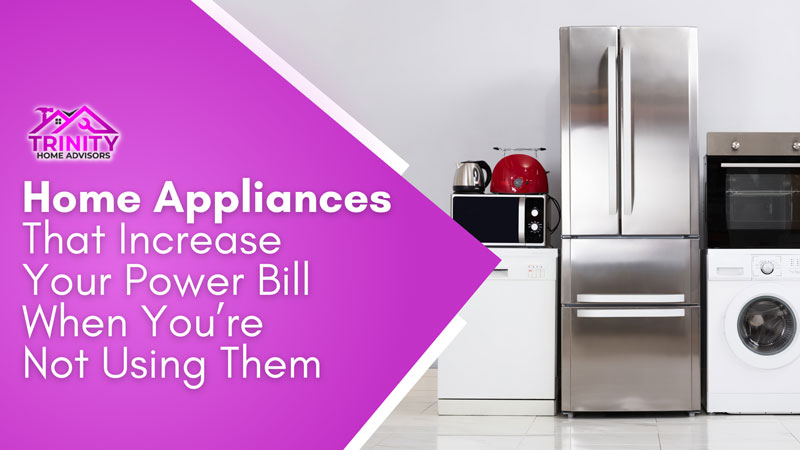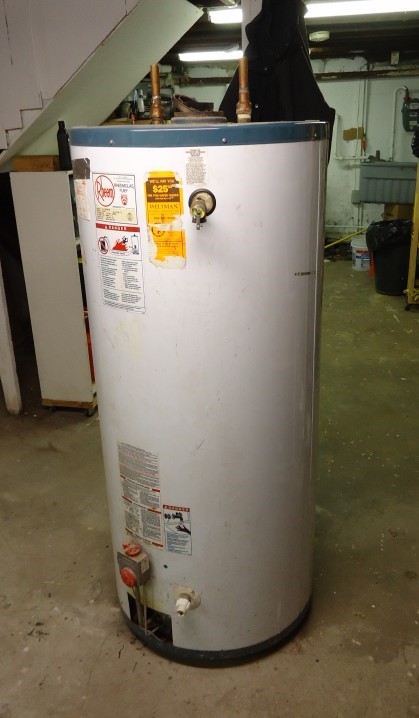Why Home Warranties are Smarter Than Home Service Websites

At times, it can be difficult to find help to service your home systems and appliances.
You may not always have the connections available to choose a high-quality service or handyman.
That’s where home service websites supposedly come in.
Home service websites work as business directories that offer visitors reviews and quotes of repairmen in their area. This business works to try and offer individuals an easier way to shop for repairs or renovations by comparison.
How exactly do these websites work, though, and how much can we trust them?
A Membership for Mediocre Mending
Some of these websites require a membership to reap the benefits. This means even if you don’t hire anybody at all, you’re still paying a monthly subscription for it. This can cost users a whole lot of money for a whole lot of nothing.
What’s more, only members of these sites can make reports on the companies they’ve hired. So, unless you’re able to come out of pocket for these pricey services, you’re not able to leave your two cents offering a differing opinion.
Paid Ratings
Home service sites offer some certified businesses that they deem as the top contenders for home repairs. This doesn’t always mean that they are great at their jobs, however.
Many of these certified companies have paid to be advertised as the “best of the best.”
As many of us are aware, money doesn’t always buy happiness. A company that simply pays for a great rating might lead individuals to believe that they haven’t necessarily earned that badge of honor.
It may be difficult for someone to trust that these ratings are unbiased if the site has been paid to convince people to choose them first.
Quotes from Affiliates
One of the final steps in purchasing a service from one of these websites is entering your information to receive a quote from various companies. This may sound familiar to you if you’ve ever tried shopping for insurance.
You find some companies that promise you the best quality of service, enter your information, and begin asking for mass quotes from all sorts of companies. This usually means you need to confirm that you are ok with the site sending this information to their affiliates.
Once you check that box, you ultimately make yourself a marketing target for any and every service that paid its way into that site’s advertising. This comes in various forms, including email, texts, calls, and more.
A Better Way – Home Warranties
An alternative to looking for help and hoping you can afford it every time an appliance or home system breaks in your home is a home warranty.
Easy and affordable, home warranties are where the stress ends in the search for repairs.
Why put yourself on the receiving end of aggravating calls and spam emails when you can have all your repairs handled by a company you trust and is easy to work with?
In most cases, your standard appliances, plumbing system, and even your doorbell can be repaired after a simple phone call. The best part? There is no haggling or false advertising involved.



